Speaking with Lao Dong, Professor Carlyle Thayer , University of New South Wales Canberra, Australian Defense Academy, commented that by participating in APEC, Vietnam has demonstrated its commitment to international integration, thereby enhancing Vietnam's reputation.
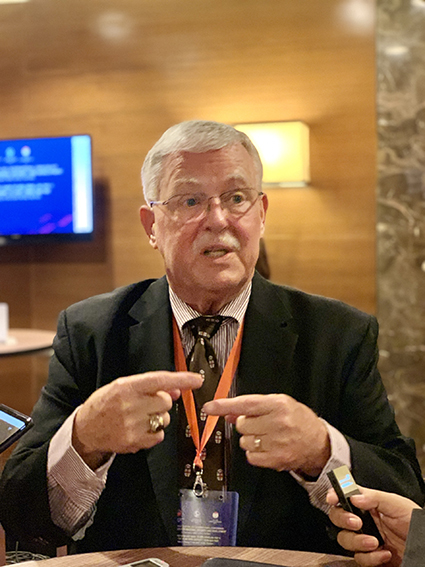
Professor Carlyle Thayer, University of New South Wales Canberra, Australian Defence Force Academy. Photo: Ngoc Van
As a long-time observer of Vietnam, how do you evaluate Vietnam's participation in the Asia- Pacific Economic Cooperation (APEC) forum over the past 25 years?
- In 1998, Vietnam joined APEC to promote regional and global economic integration. Since then, Vietnam has twice successfully hosted APEC in 2006 and 2017.
In addition, Vietnam is also a member of many committees and working groups on all issues of trade liberalization. Vietnam has made about 100 policy recommendations on many issues such as trade, investment, technical cooperation, sustainable and inclusive economic development, human resource development, digital economy, cross-border e-commerce, health care and counter-terrorism.
Professor, what benefits does cooperation in APEC bring to Vietnam?
- Vietnam benefits in four main ways: Increased foreign investment; technology transfer; human resource development and increased trade through tax reduction and reduced transaction costs. These four benefits have supported Vietnam's economic growth.
In addition, APEC policies have encouraged Vietnam to undertake regulatory reforms and become more competitive internationally.
In addition, as APEC has grown, the forum has hosted an annual Asia- Pacific Economic Leaders’ Meeting, which has provided Vietnam with the opportunity to engage directly with the world’s most advanced and powerful economies.
How do Vietnam's proposals and initiatives contribute to promoting APEC cooperation, Professor?
- Vietnam has continuously promoted dialogue, common interests and multilateralism in APEC. Vietnam has also contributed to promoting the interests of developing countries including the sustainable development of the Mekong sub-region.
In recent years, Vietnam has taken the lead in promoting practical cooperation on a range of transnational issues affecting the global economy such as climate change mitigation, pandemic response, supply chain recovery, sustainable and inclusive economic growth, green energy transition, e-commerce and the digital economy.
In 2022, when Thailand was the APEC Chair, it launched the Bangkok Initiative to promote the circular economy. Vietnam immediately supported Thailand in promoting the goals of balanced, inclusive and sustainable economic growth. Specifically, Vietnam emphasized the importance of digital transformation and resilient supply chains.
Vietnam successfully hosted the APEC Summit in 2006 and 2017. Could you please tell us about the significance and impact of these two events on Vietnamese diplomacy?
- Vietnam first assumed the APEC Chairmanship in 2006 amid a deadlock in efforts to promote global trade liberalization through the World Trade Organization (WTO) Doha Round negotiations. Under Vietnam’s chairmanship, APEC leaders reached a consensus to step up efforts to break the deadlock in the Doha Round. A separate Doha Round Agenda Statement was adopted, reaffirming the leaders’ commitment to continue the stalled negotiations.
APEC leaders also adopted the Hanoi Action Plan to implement the Busan Roadmap to the Bogor Goals. The Hanoi Action Plan sets targets for free and open trade and investment by 2010 for developed economies and by 2020 for developing economies. APEC leaders also agreed to reduce trade transaction costs by 5% by 2010 and to promote a free trade area in the Asia-Pacific.
By 2017, as the second APEC chair, Vietnam had to respond to the protectionist policies of the Donald Trump administration. Under Vietnam’s chairmanship, the APEC Vision Group was established.
Vietnam has led the revival of the Trans-Pacific Partnership (TPP) into the Comprehensive and Progressive Agreement for Trans-Pacific Partnership (CPTPP). The CPTPP has become a reality and together with the Regional Comprehensive Economic Partnership (RCEP) are two of the main drivers of economic growth in the Indo-Pacific.
Thank you very much Professor!
Laodong.vn


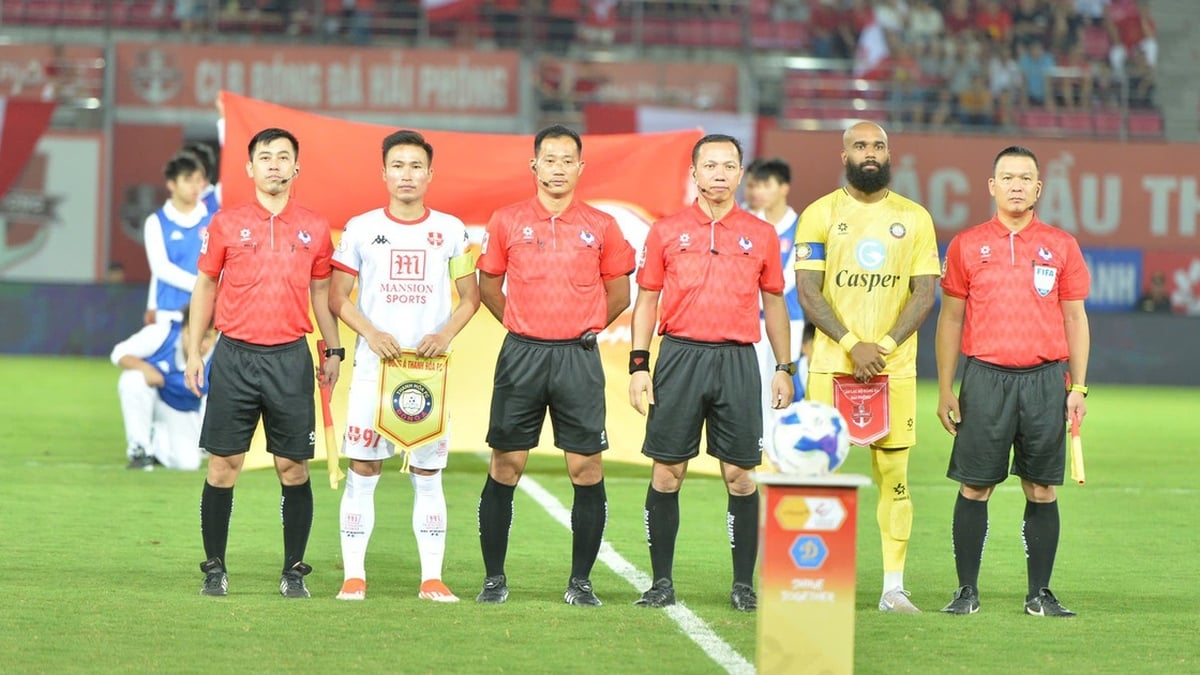
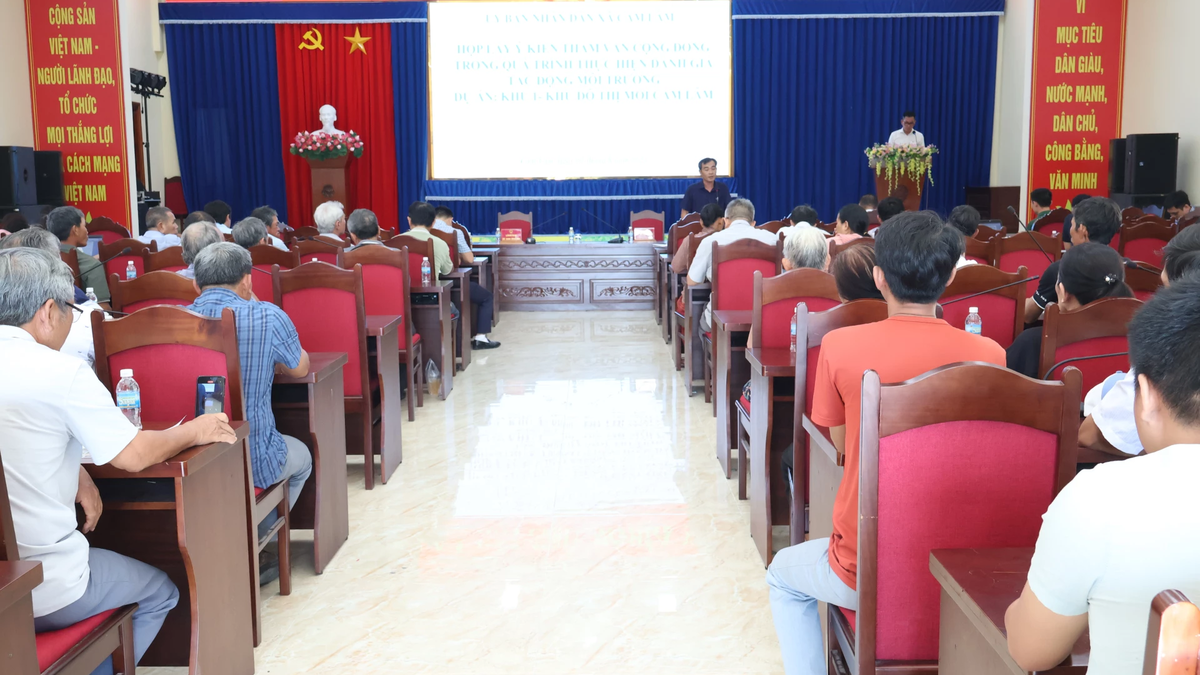
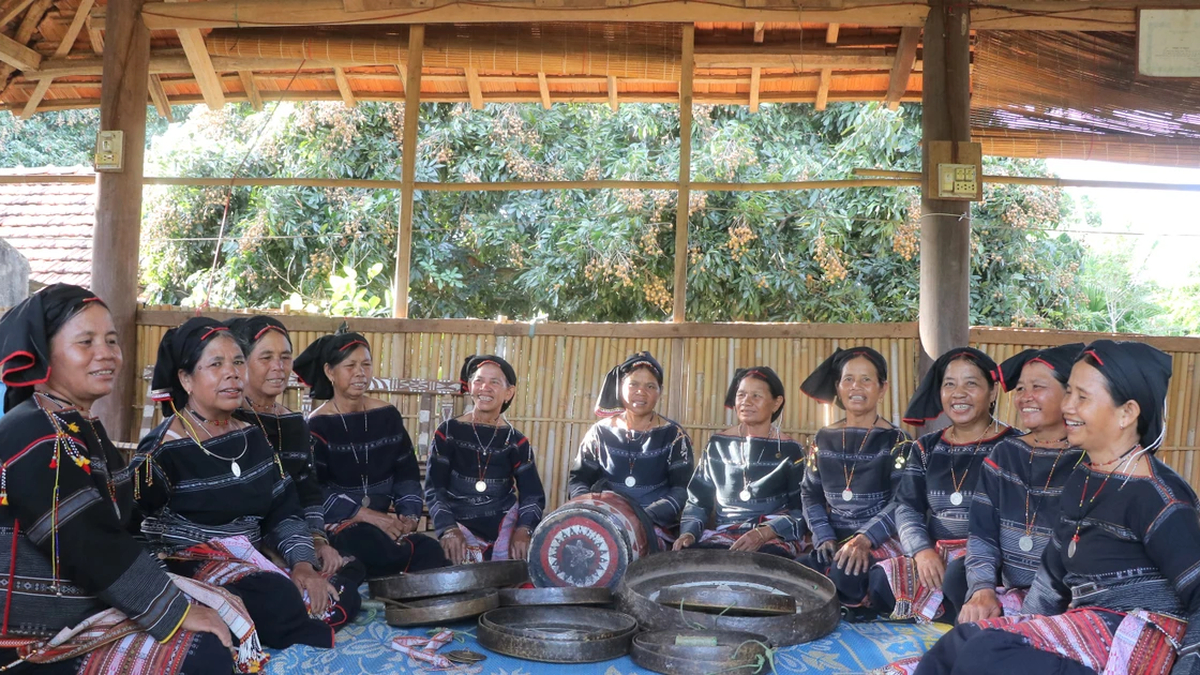
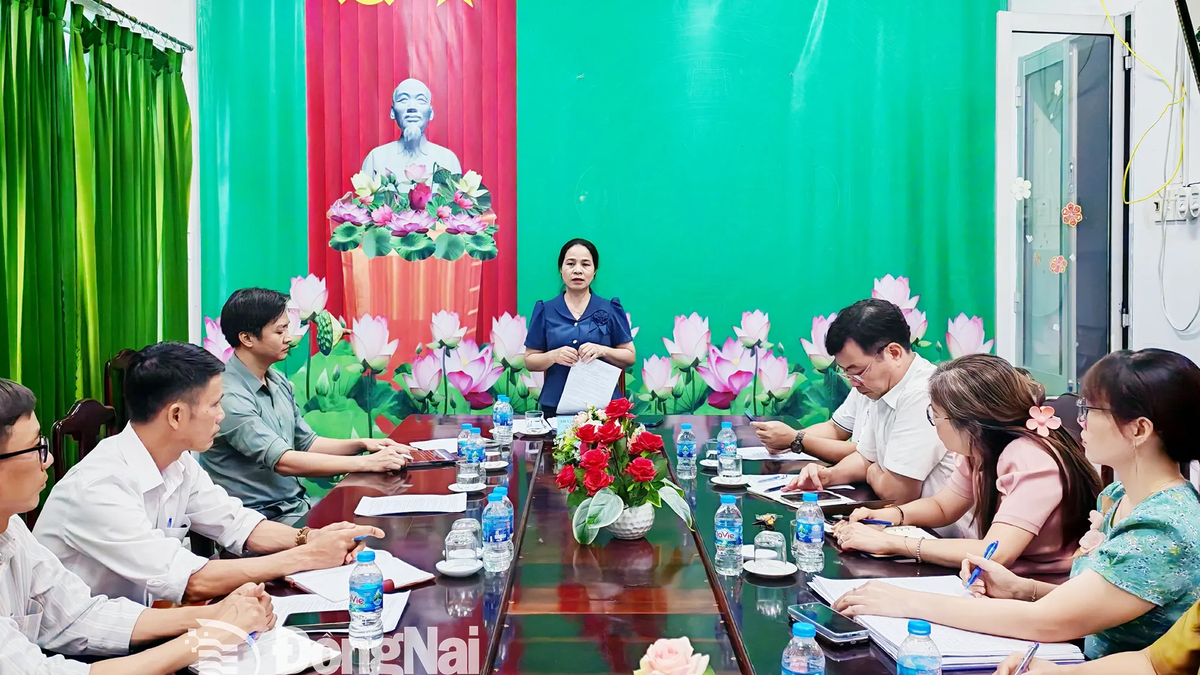
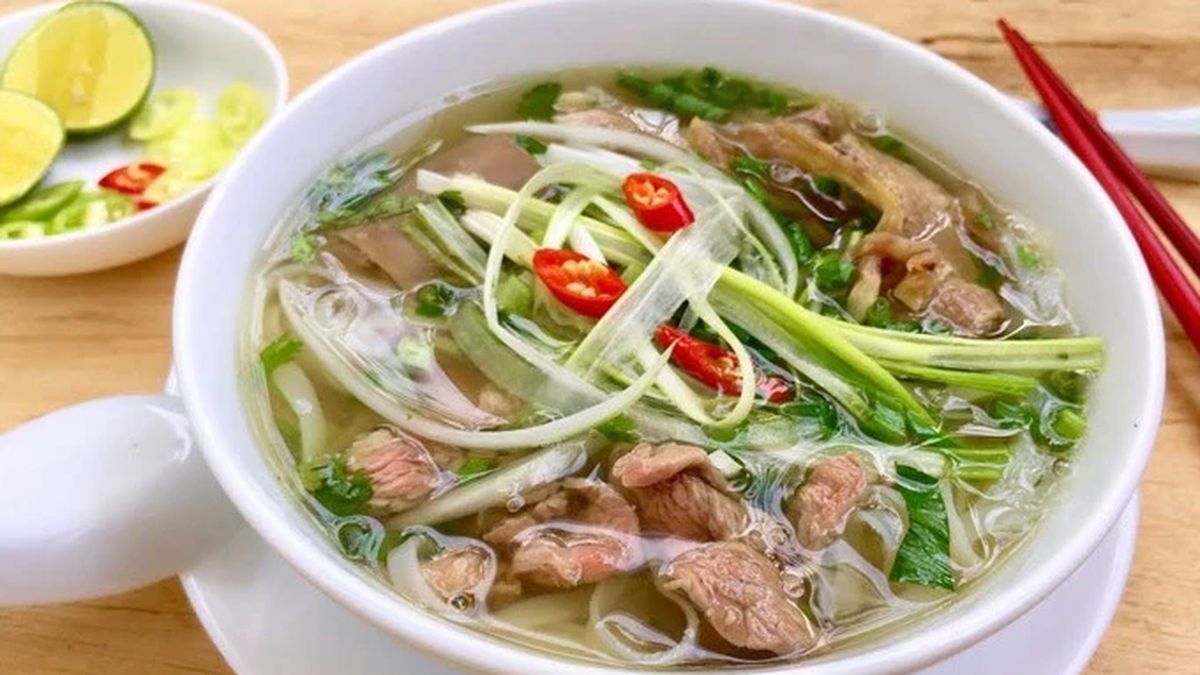


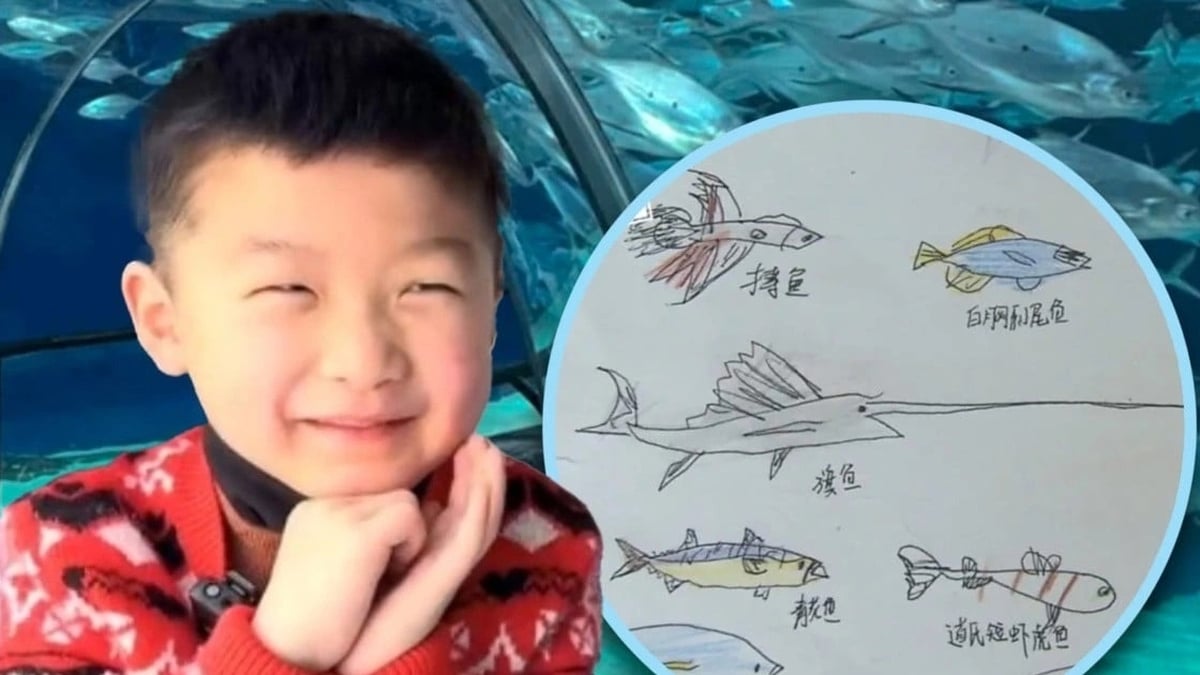
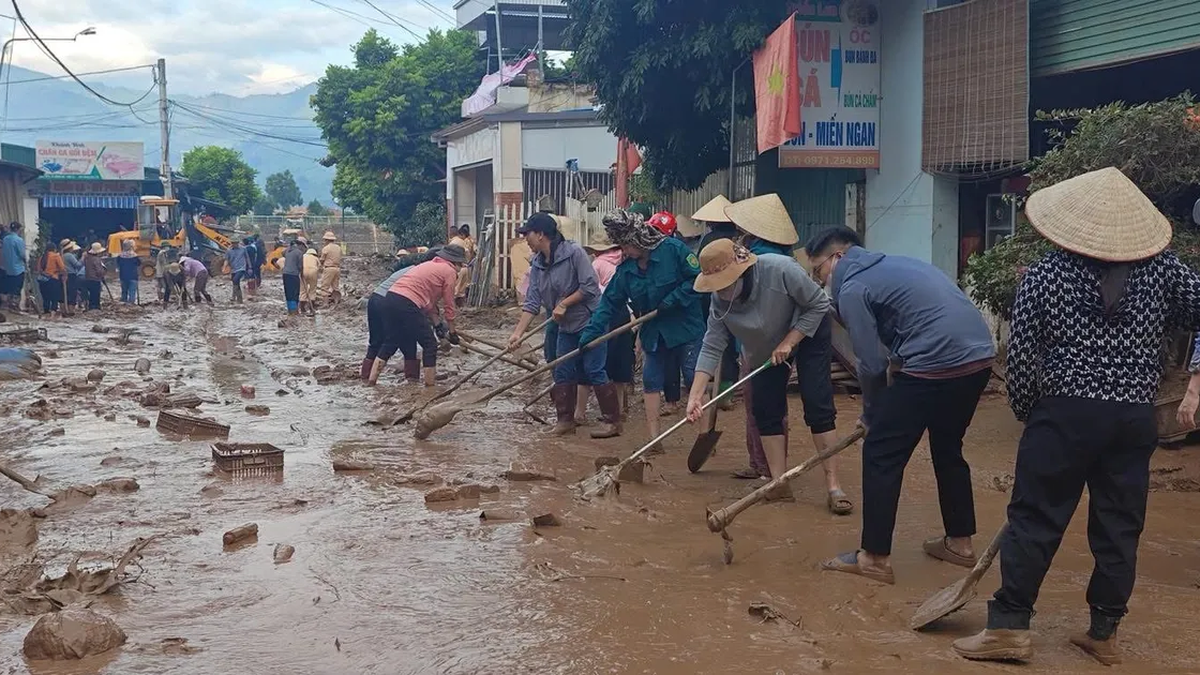

























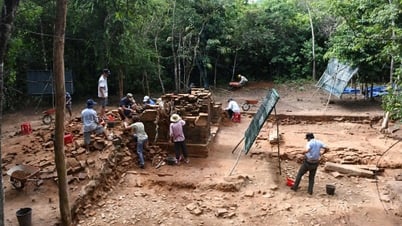
















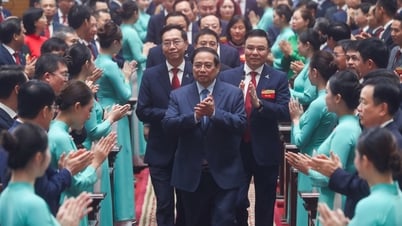











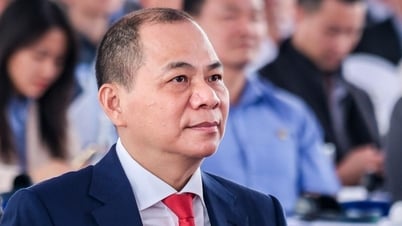
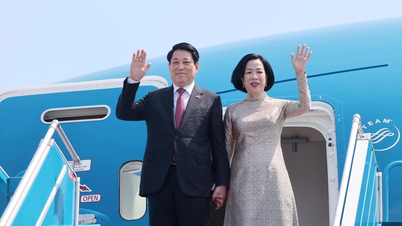

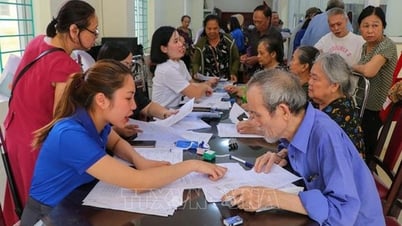



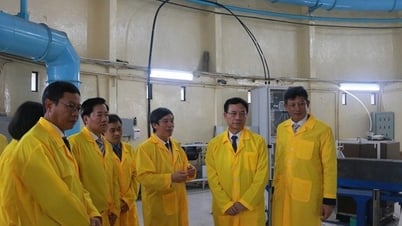



























Comment (0)